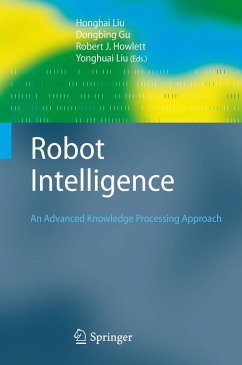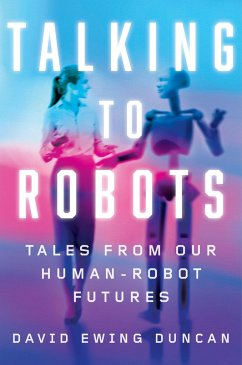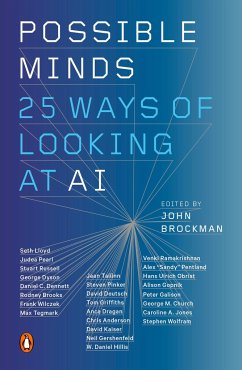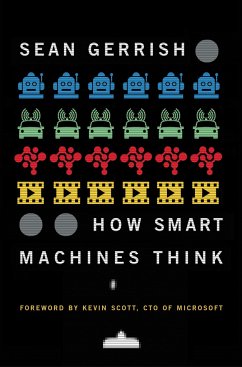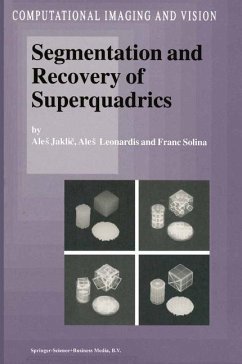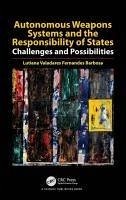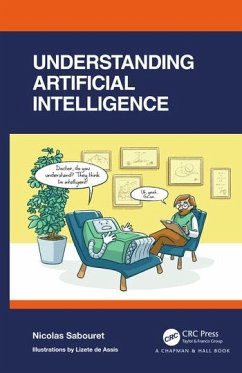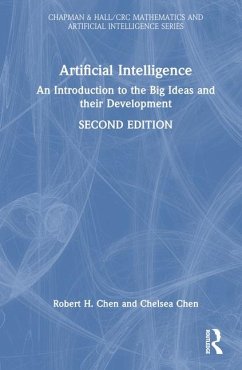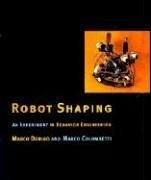
Robot Shaping: An Experiment in Behavior Engineering
Versandkostenfrei!
Nicht lieferbar
"Robot Shaping" is about designing and building learning autonomous robots. The term "shaping" comes from experimental psychology, where it describes the incremental training of animals. The authors propose a new engineering discipline, "behavior engineering," to provide the methodologies and tools for creating autonomous robots. Their techniques are based on classifier systems, a reinforcement learning architecture originated by John Holland, to which they have added several new ideas, such as "mutespec," classifier system "energy," and dynamic population size. In the book they present Behavi...
"Robot Shaping" is about designing and building learning autonomous robots. The term "shaping" comes from experimental psychology, where it describes the incremental training of animals. The authors propose a new engineering discipline, "behavior engineering," to provide the methodologies and tools for creating autonomous robots. Their techniques are based on classifier systems, a reinforcement learning architecture originated by John Holland, to which they have added several new ideas, such as "mutespec," classifier system "energy," and dynamic population size. In the book they present Behavior Analysis and Training (BAT) as an example of a behavior engineering methodology.




